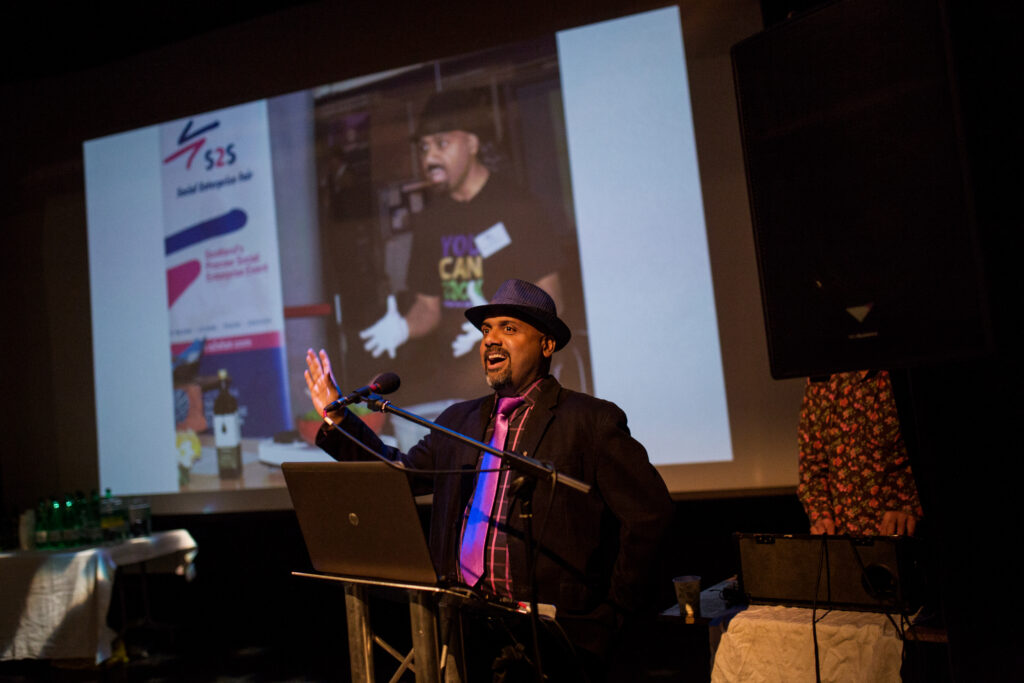
This week Bosco Santimano founder and executive director of social enterprise You Can Cook, shares his thoughts on the on-going COP26 in Glasgow and the hope that politicians and world leaders come together to fight climate change that will affect all life on the planet.
The COP 26 UN Climate Change Conference, hosted by the UK in partnership with Italy, began last Sunday 31st October in the Scottish Event Campus (SEC) in Glasgow and will conclude on the 12th November. The biggest challenge facing the world is not climate change deniers but the rich western countries, corporations and politicians who have been catering to their local population and their ideologies. For example, in America the Christian right and the majority of the Republican party leadership do not believe in climate change and that humans are the biggest contributing factor. Billions of pounds have been spent over the years so far on refining buzz words and creating technical jargon to market the impending climate catastrophe to the lay person and many millions more spent to keep these updated as new evidence is available. Below are a few examples;
UNFCCC – The UN framework convention on climate change, which was signed in 1992 in Brazil dubbed the Rio Earth summit, binds all of the world’s nations – apart from a few countries – to “avoid dangerous climate change”. However, it did not set out in detail how to do so.
Kyoto protocol – This was the first attempt in 1997 to turn the UNFCCC’s resolution into what came to be known as the Kyoto protocol. This set targets on emissions cuts for each developed country, stipulating a 5% cut in global greenhouse gases overall by 2012. Developing countries, including China, were allowed to increase their emissions. But the protocol immediately ran into trouble when the US, which signed the treaty under Bill Clinton, could not ratify it owing to opposition in Congress. The protocol eventually came into force without US backing, in 2005, but by then was largely irrelevant, so countries set out on the long journey to a new treaty that would fulfil the UNFCCC aims, resulting eventually in the 2015 Paris accord.
The Paris Agreement – In December 2015 developed and developing nations came together to limit greenhouse gases. The main goal of the Paris agreement was to limit global heating to “well below” 2C above pre-industrial levels, while “pursuing efforts” to stay within the lower, safer threshold of 1.5C. Countries set out targets to stay within those limits, in the form of nationally determined contributions (NDCs).
The most vague and ambiguous one is NDC – Nationally Determined Contribution. Every country signed this as part of their target to reduce greenhouse gasses by around 2030! The Paris accord contains a mechanism by which every country must improve its target every five years, so the next NDC’s will be submitted by December 2030. Many countries have yet to submit their first five-year targets, as they were due in December 2020 but delayed due to Covid-19. Here is hoping that they do submit this data during COP26.
While I was writing this column, news just came in that a cruise ship procured by the government to host COP26 attendees will have to run on fossil fuels despite being equipped to use clean energy. These ships can usually connect to electricity while docked at ports, enabling them to switch off their auxiliary engines, but the port hosting the two ships does not have onshore power capabilities for medium or large vessels.
Billionaires should be focusing their massive wealth on saving our planet first before trying to inhabit other planets to repeat the same mistakes. Fingers crossed, COP26 will be a success as pressure is mounting on world leaders to act now!
*Originally written & published in the Peeblesshire News.
